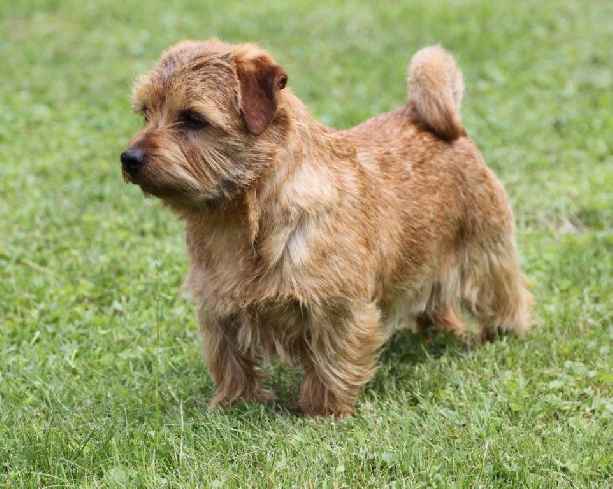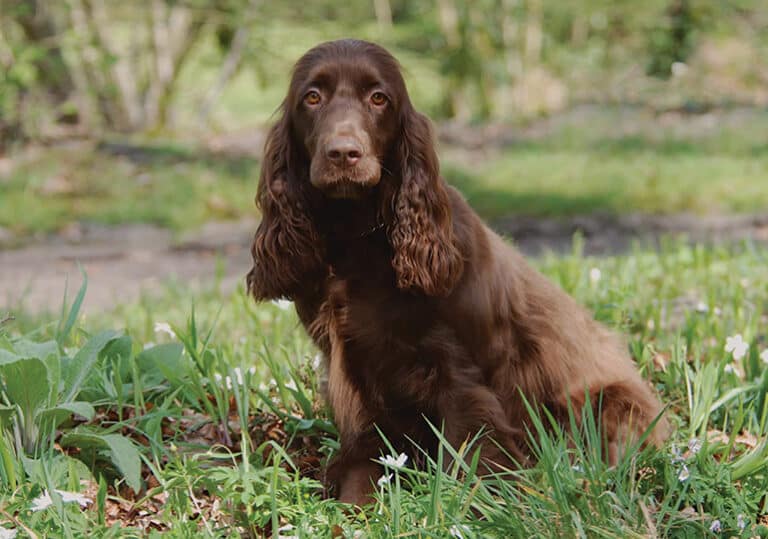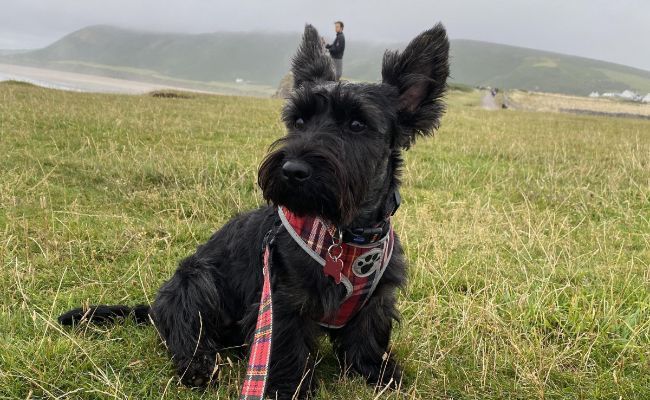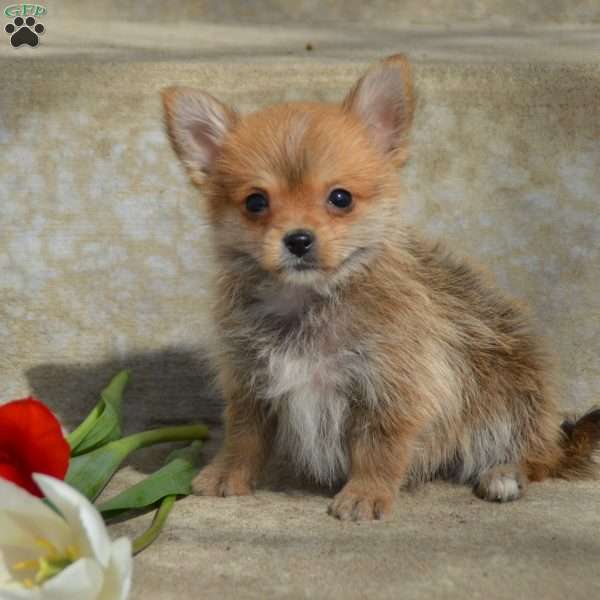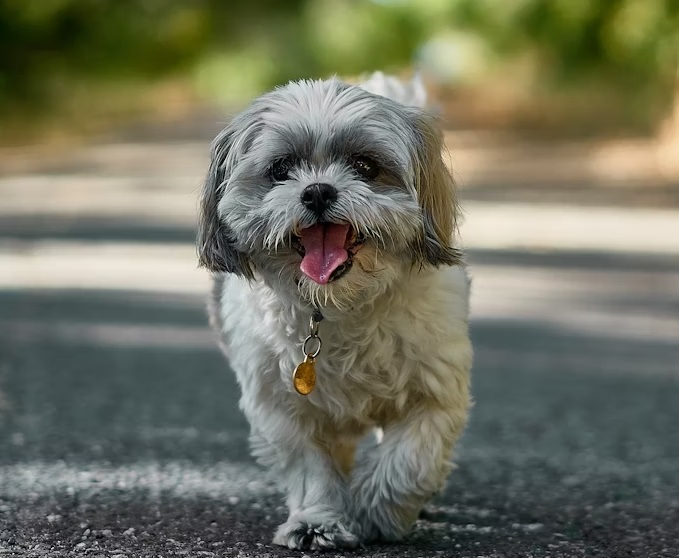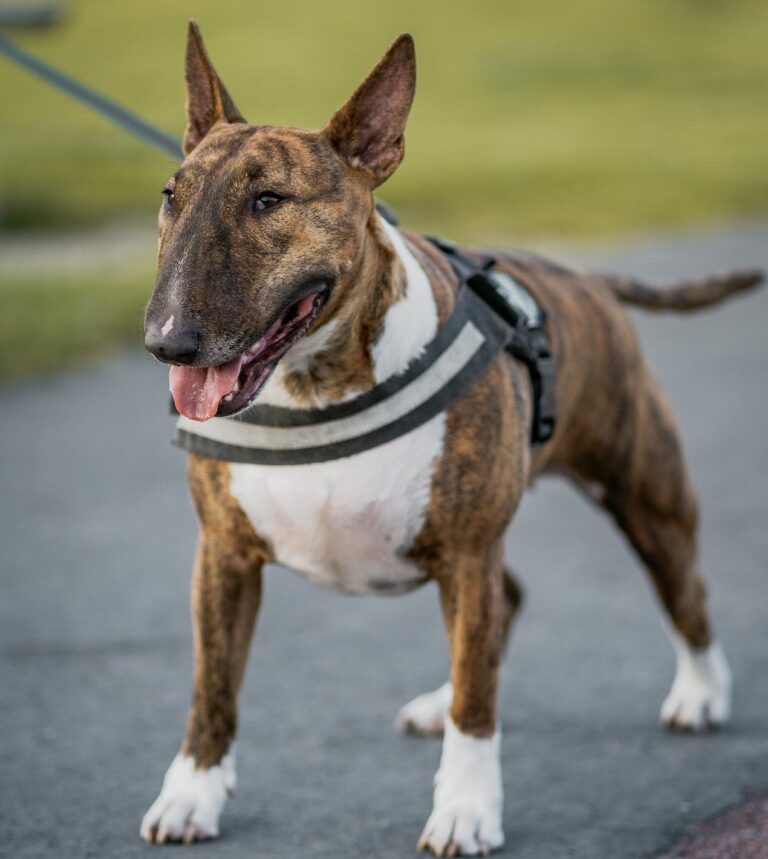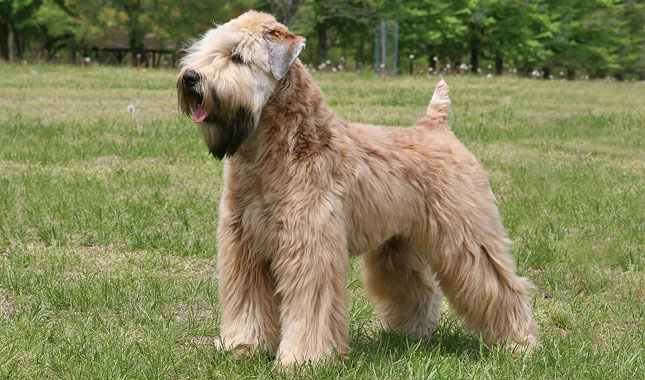Norfolk Terriers are a breed of small-sized dogs that originated in England, specifically in Norfolk County. Known for their energetic and independent nature, these British Terriers make excellent companions for individuals or families looking for an active and lively pet. In this article, we will explore the unique characteristics and traits of Norfolk Terriers, including their history, temperament, and care requirements. Whether you are considering adding a Norfolk Terrier to your family or simply want to learn more about this delightful breed, this article will provide you with valuable insights and information.
History of Norfolk Terriers
Origins of Norfolk Terriers
The Norfolk Terrier breed has a rich history that dates back several centuries. These charming and energetic British terriers have their origins in the East Anglia region of England. Norfolk Terriers were primarily used for hunting small game, such as rats and foxes, and were highly valued for their agility and bravery.
Development of the Norfolk Terrier breed
The development of the Norfolk Terrier breed can be traced back to the early 19th century. They are believed to have descended from a mix of local terrier breeds, including the Norwich Terrier, which is their closest relative. The breed was initially referred to as the Cantab Terrier or Trumpington Terrier before being officially named the Norfolk Terrier in the 1960s.
During the 20th century, the Norfolk Terrier gained popularity not only as a hunting companion but also as a beloved family pet. Breeders focused on refining the breed’s characteristics, including their distinctive wiry coat, compact size, and independent nature. The Norfolk Terrier was recognized by the Kennel Club in 1932 and later acknowledged by the American Kennel Club in 1979.
Today, Norfolk Terriers are cherished for their playful and affectionate personalities, making them excellent companions for individuals and families alike. Their small size, combined with their energetic nature, makes them well-suited for both urban and rural environments. Whether as a skilled hunter or a delightful household pet, Norfolk Terriers continue to captivate the hearts of dog enthusiasts worldwide.
Physical Characteristics
Size and weight
Norfolk Terriers are small-sized dogs, typically weighing between 11 and 12 pounds. They are known for their compact and sturdy build, with a height ranging from 9 to 10 inches at the shoulder. Despite their small stature, Norfolk Terriers are incredibly energetic and agile.
Coat and color
The Norfolk Terrier’s coat is weather-resistant and wiry, providing protection in various climates. Their double coat consists of a harsh, straight outer coat and a soft, dense undercoat. This combination helps keep them warm during colder seasons. Common coat colors for Norfolk Terriers include shades of red, wheaten, black and tan, or grizzle.
Distinctive facial features
One of the most notable features of Norfolk Terriers is their expressive and alert face. They have a slightly rounded skull with well-developed cheekbones, giving them a cute and lovable appearance. Their dark, almond-shaped eyes sparkle with intelligence and curiosity, reflecting their independent nature. Norfolk Terriers also have small, V-shaped ears that fold forward, adding to their charming and distinctive facial expression.
Overall, Norfolk Terriers possess physical characteristics that make them both adorable and capable. Their small size, weather-resistant coat, and unique facial features contribute to their energetic and independent nature, making them beloved companions for individuals and families alike.
Temperament and Personality
Energetic and lively
Norfolk Terriers are renowned for their energetic and lively nature. These small British terriers are bursting with energy, always ready for an adventure or playtime. Their high energy levels make them the perfect companion for active individuals or families who enjoy outdoor activities and exercise.
These dogs have a natural zest for life and are always on the go. Whether it’s chasing a ball, going for a long walk, or participating in agility training, Norfolk Terriers thrive on physical activity. Their energetic nature makes them excellent playmates for children, as they love to run, jump, and engage in all sorts of fun activities.
Independent and self-assured
Despite their small size, Norfolk Terriers possess a strong sense of independence and self-assurance. These confident dogs are not afraid to explore their surroundings and take charge of their own adventures. They don’t rely on constant attention or constant cuddles, and are content spending some time alone, entertaining themselves with toys or their own playful antics.
Their independent nature can sometimes be mistaken for stubbornness, but it simply reflects their self-assured personality. Norfolk Terriers are intelligent and have a mind of their own, which can make training them a bit challenging. However, with consistent positive reinforcement and patience, their independent streak can be harnessed into obedient and well-behaved companions.
Friendly and sociable
Despite their independent nature, Norfolk Terriers are also known for their friendly and sociable personalities. They are naturally outgoing and enjoy the company of both humans and other pets. These terriers love to be part of the family and are always up for a cuddle or a game.
Their friendly nature makes them excellent companions for households with children and other pets. Norfolk Terriers are typically patient and tolerant, making them great playmates for kids. They are also known to get along well with other dogs, making them a suitable choice for multi-pet households.
In conclusion, Norfolk Terriers have a temperament and personality that combines energy, independence, and friendliness. They are energetic and lively, always ready for an adventure. Their independent and self-assured nature adds a touch of confidence to their character. Lastly, their friendly and sociable personalities make them ideal companions for families and households seeking a small, yet spirited and affectionate dog.
Training and Exercise
Training requirements
Norfolk Terriers requires consistency, patience and a positive approach in training. These intelligent and independent British terriers thrive on mental stimulation and respond well to reward-based training methods. Start their training early on to establish good behavior patterns and prevent any undesirable habits from developing.
Norfolk Terriers are eager to please their owners but can be stubborn at times. It is important to use positive reinforcement techniques such as treats, praise, and play to motivate them during training sessions. Consistency is key, so establish a set routine and stick to it.
Exercise needs
Despite their small size, Norfolk Terriers have a high energy level and require regular exercise to stay happy and healthy. They enjoy daily walks, playtime in a securely fenced yard, or interactive games that challenge their intelligence.
Aim for at least 30 minutes to an hour of exercise each day to keep your Norfolk Terrier physically and mentally stimulated. Engaging them in activities like fetch, agility training, or obedience trials not only provides exercise but also strengthens the bond between you and your furry companion.
Challenges in training Norfolk Terriers
While Norfolk Terriers are intelligent and quick learners, they can also be quite independent and strong-willed. This can pose challenges during training, as they may try to test boundaries or ignore commands. It is important not to resort to harsh training methods or punishment, as this can lead to fear or aggression.
Instead, focus on positive reinforcement and use rewards to motivate your Norfolk Terrier. Be patient and persistent, as it may take time for them to fully grasp and comply with commands. Consistency and repetition are key to overcoming any training challenges with Norfolk Terriers.
Remember, seeking professional help from a dog trainer or attending obedience classes can provide valuable guidance and support in training your Norfolk Terrier effectively.
Health and Care
Common health issues
Norfolk Terriers are generally a healthy breed, but like all dogs, they can be prone to certain health issues. It is important for owners to be aware of these conditions and take necessary precautions. Some common health issues seen in Norfolk Terriers include:
- Patellar Luxation: This condition occurs when the kneecap becomes dislocated from its normal position. It can cause lameness or difficulty in walking. Regular exercise and maintaining a healthy weight can help prevent this condition.
- Mitral Valve Disease: Norfolk Terriers may be susceptible to heart problems, including mitral valve disease. Regular veterinary check-ups and screenings can help detect any early signs of heart disease and ensure appropriate treatment.
- Allergies: Like humans, dogs can develop allergies to certain foods, environmental factors, or substances. Norfolk Terriers may experience skin allergies, causing itching and discomfort. Identifying and avoiding allergens can help manage these allergies effectively.
Grooming needs
Norfolk Terriers have a wiry, weather-resistant coat that requires regular grooming to keep it in optimal condition. Here are some grooming tips to keep your Norfolk Terrier looking their best:
- Brushing: Regular brushing is essential to prevent matting and keep the coat healthy. Use a slicker brush or a comb to remove any tangles or loose hair. Aim to brush your Norfolk Terrier at least once or twice a week.
- Trimming: Trimming the hair around the ears, paws, and tail is important to maintain a neat appearance. It is recommended to take your Norfolk Terrier to a professional groomer for trimming, especially if you are not experienced in doing it yourself.
- Bathing: Bathing your Norfolk Terrier should be done as needed, typically every 4-6 weeks. Use a dog-specific shampoo and conditioner to keep the coat clean and moisturized. Be sure to thoroughly dry your dog after bathing to prevent skin irritation.
Nutritional requirements
Proper nutrition is vital for the overall health and well-being of Norfolk Terriers. Here are some considerations regarding their nutritional requirements:
- Balanced diet: Norfolk Terriers should be fed a balanced diet that provides all the necessary nutrients, including proteins, carbohydrates, fats, vitamins, and minerals. High-quality commercial dog foods specifically formulated for small breeds are recommended.
- Portion control: It is important to monitor the portion sizes to prevent overfeeding and maintain a healthy weight. Norfolk Terriers are prone to weight gain, so it is essential to follow feeding guidelines provided by the dog food manufacturer or consult with a veterinarian for personalized recommendations.
- Avoid table scraps: While it may be tempting to share your food with your Norfolk Terrier, it is best to avoid feeding them table scraps. Human foods can be high in calories and may not provide the necessary nutrition for your dog.
Remember, consulting with a veterinarian is always recommended to ensure your Norfolk Terrier’s specific health and nutritional needs are met. Providing regular exercise, a balanced diet, and proper grooming will help keep your Norfolk Terrier happy and healthy.
The Norfolk Terrier is a breed of dog that showcases the perfect balance between energy and independence. As a British terrier, they embody the characteristics of loyalty, intelligence, and determination. These dogs thrive in active environments and are always ready for an adventure. With their small size and sturdy build, Norfolk Terriers make excellent companions for individuals and families alike. Whether it’s a brisk walk in the park or a game of fetch in the backyard, these energetic little dogs are always up for some fun. Their independent nature adds a touch of charm to their personality, making them a unique and captivating breed. If you’re looking for a small yet spirited companion, the Norfolk Terrier might just be the perfect match for you.

